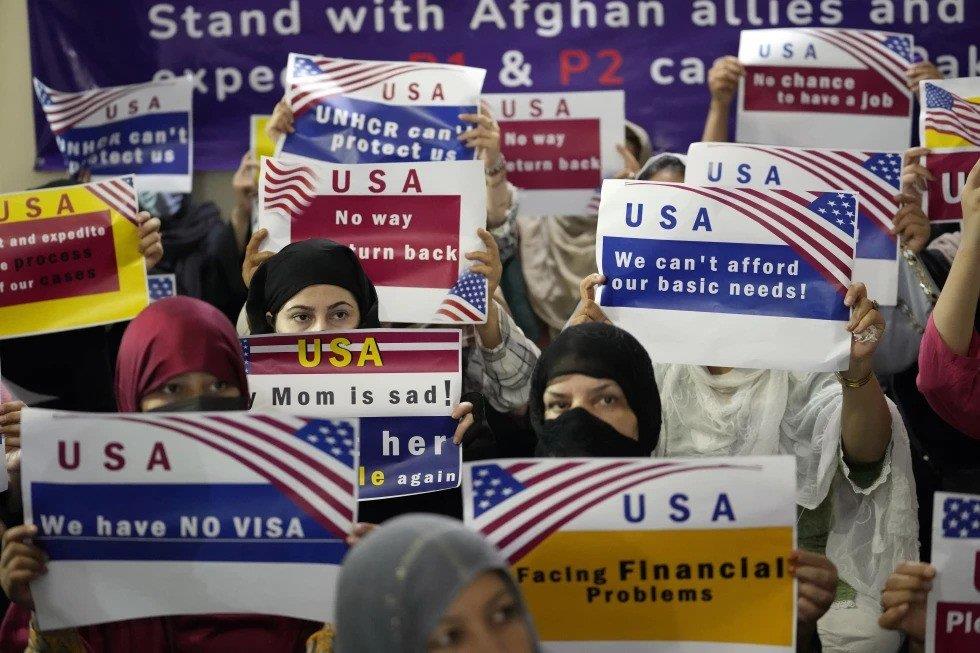
Trump Sets 7,500 Refugee Admissions Cap For 2026, Lowest In U.S. History
U.S. President Donald Trump has set the refugee admissions cap for the 2026 fiscal year at just 7,500 - the lowest in U.S. history, according to a document released by the White House. The decision immediately sparked backlash from human rights advocates and lawmakers who called it discriminatory and unlawful.
The administration said it would prioritise refugees from South Africa's Afrikaner community, claiming they face racial persecution and violence in their home country. South Africa has rejected those allegations, saying there is no evidence of systemic discrimination against the white minority population.
Trump halted the U.S. refugee resettlement program shortly after taking office in January, insisting it would only resume when“aligned with America's national interests.” Thousands of former Afghan allies awaiting U.S. visas have been left stranded by the suspension, advocacy groups said.
A few weeks later, Trump introduced a plan to resettle Afrikaner families in the United States, a move that drew sharp criticism from international refugee organisations and Democratic lawmakers. They accused the administration of using racial and political motives to shape refugee policy.
A newly released policy paper on Thursday quoted Trump as saying that his administration may also consider accepting“other victims of unlawful or unfair discrimination” in future. The statement did not specify which nationalities or groups might be included.
Under U.S. law, the president must consult Congress before setting the annual refugee ceiling. Democratic lawmakers said no such meeting took place before the decision, calling it a violation of statutory requirements and an abuse of executive power.
Several members of Congress said the 7,500-person limit is“morally indefensible and legally dubious.” Immigration experts warned that the drastic reduction could further erode America's reputation as a haven for displaced people and strain relations with allies hosting large refugee populations.
ShareFacebook Twitter WhatsApp Email Print Telegram
Legal Disclaimer:
MENAFN provides the
information “as is” without warranty of any kind. We do not accept
any responsibility or liability for the accuracy, content, images,
videos, licenses, completeness, legality, or reliability of the information
contained in this article. If you have any complaints or copyright
issues related to this article, kindly contact the provider above.


















Comments
No comment